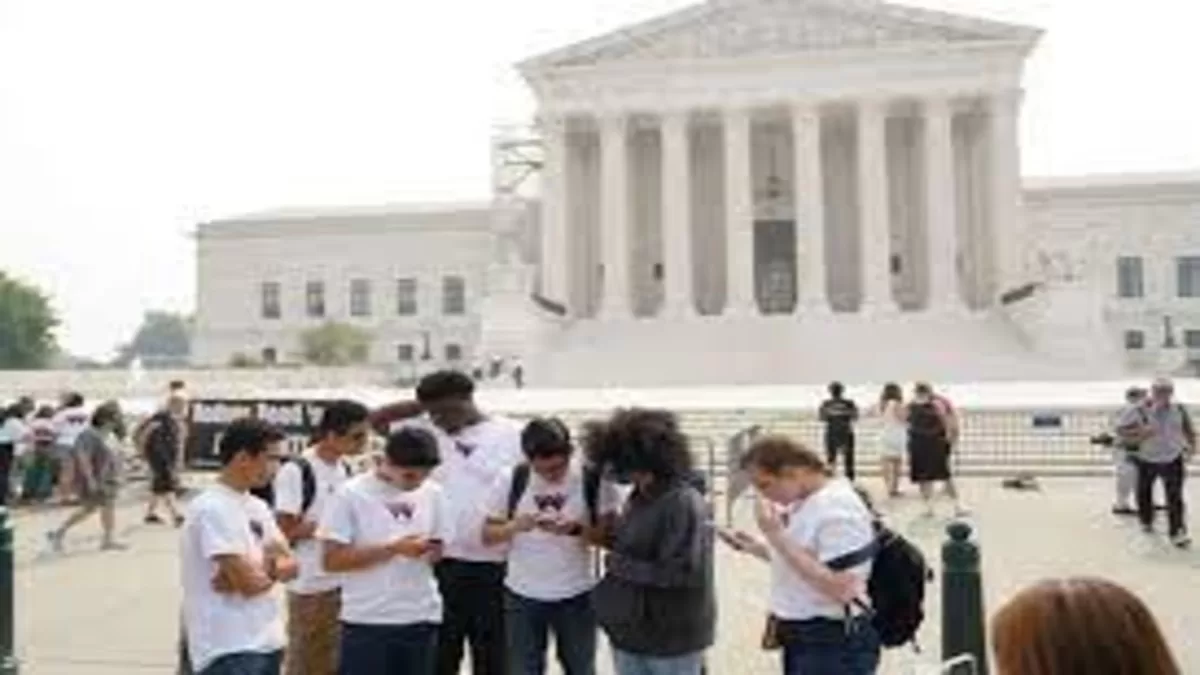Affirmative Action Ruling put by the US Supreme Court Bench
Introduction
Affirmative action has long been a contentious issue in the United States, and recent developments in the Supreme Court have brought it back into the spotlight. On a recent ruling, the United States Supreme Court decided against the use of affirmative action in university admissions. This decision has significant implications for the future of diversity and equal opportunity in higher education. In this article, we will explore the background of affirmative action, the Supreme Court ruling, and the reactions it has generated.
Understanding Affirmative Action
Affirmative action is a policy that was designed to address historical prejudices and systemic disadvantages faced by individuals with specific racial or ethnic identities. In the context of higher education, it aims to increase the representation of underrepresented groups, such as African-Americans, Hispanics, and other minorities, in colleges and universities. The policy allows admissions committees to consider race and ethnicity as one of the factors in their holistic review process, alongside other criteria like grades, test scores, and extracurricular activities.
The Supreme Court Ruling
The recent Supreme Court ruling on affirmative action came as a result of two cases brought by Students for Fair Admissions. One case focused on Harvard University’s admissions policy, which was alleged to discriminate against Asian American applicants. The other case targeted the University of North Carolina, claiming discrimination against white and Asian American applicants. In a 6-3 decision, the Supreme Court ruled that affirmative action, while well-intentioned, amounted to unconstitutional discrimination. The Court emphasized the need to evaluate applicants based on their individual experiences rather than their race.
Implications and Reactions
The Supreme Court’s ruling has sparked intense debate and drawn strong reactions from various individuals and organizations. Former President Barack Obama, who has been a strong advocate for affirmative action, criticized the decision. He argued that affirmative action policies provided opportunities for generations of students, including himself and his wife Michelle, to prove their worth and belong in American institutions. Obama believes that these policies are essential for ensuring equal opportunities for all students, regardless of their race or ethnicity.

On the other hand, former President Donald Trump and Republicans hailed the Supreme Court’s decision, asserting that it would enable the United States to compete on an equal footing with the rest of the world. Democrats, including Michelle Obama, expressed disappointment and concern about the impact on young people who aspire to pursue higher education. They stressed the need for continued efforts to create a fair and equitable society in schools, workplaces, and neighborhoods.
Conclusion
The Supreme Court’s recent ruling against the use of affirmative action in university admissions has sparked heated discussions about equality, diversity, and opportunity in higher education. While affirmative action policies aimed to address historical injustices, the Court deemed them unconstitutional, emphasizing the importance of evaluating applicants based on their individual merits. The ruling has elicited contrasting reactions, with proponents of affirmative action expressing concern and opponents celebrating the decision. The future of affirmative action remains uncertain, but the discussions surrounding it will continue to shape the landscape of higher education in the United States.
#AffirmativeAction #SupremeCourtRuling #EqualOpportunity #DiversityInEducation #HigherEducationJustice
